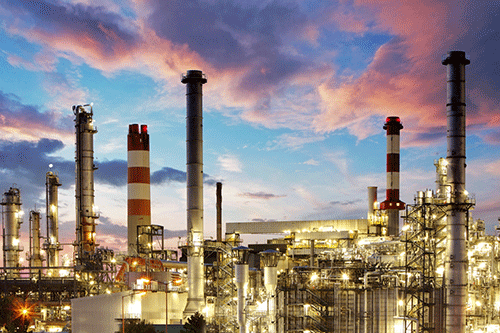Tomorrow, Namibian consumers will experience one of the largest-ever fuel increases in the country’s history when petrol will increase by N$1.20 and diesel will jump by N$1.30. This means local fuel prices are racing towards the unimaginable N$20 per litre as the prices at Walvis Bay will become N$17.15/litre for unleaded petrol and N$17.28/litre for diesel 50ppm.
Announcing the adjustment yesterday, executive director in the energy ministry Simeon Negumbo said: “During the fuel price review for March 2022, we noted the Namibia Dollar appreciated against the US Dollar in February, compared to January this time.
It further indicated that the average prices for petrol have significantly increased in February from US$96.8 to US$107.8 per barrel, and for diesel it increased from US$97.9 to US$108.4 per barrel”.
Negumbo stated that sharp increases in petroleum products are ascribed to two main factors. Firstly is the mismatch between global oil supply and demand as more oil is now in demand, compared to the available market supply.
According to him, the Organisation of the Petroleum Exporting Countries (OPEC) cut their supply drastically, and are now reluctant to increase this supply. The other factor is the geopolitical tension in the oil-producing regions.
The executive director further noted that the appreciation of the Namibia Dollar against major currencies was not enough to offset the share increase in fuel products during the period under review.
Negumbo said Namibia imports its oil from various sources, adding that if the tension between Russia and Ukraine continues, then Namibians should brace themselves for more increases in the coming months.
“The ministry will continue to monitor the situation closely and do whatever is within its power to mitigate the situation,” he pledged.
The National Energy Fund (NEF) will cover all the under-recoveries recorded at the end of February 2022 on behalf of fuel consumers, which amounts to approximately N$143 million.
At the same occasion, petroleum economist in the ministry Abednego Ekandjo advised the public to tighten their belts and cut unnecessary travel to reduce their expenditure.
Commenting on the fuel prices’ inflationary impact, Ekandjo said: “It should be expected that goods and services’ prices are going to increase because fuel is an input to these commodities”.
According to the Bank of Namibia, Namibia’s overall inflation is projected to average around 4.4% for 2022 and 4.5% in 2023, up from 3.6% registered in 2021.
Although overall inflation remains within a reasonable range, its food and transport components are expected to increase in the near future and may continue to have a disproportionate effect on the low-income segment of society, and therefore requires close monitoring. -mndjavera@nepc.com.na
Photo: Fuel
Caption
Mindboggling…The energy ministry has confirmed fuel prices will increase tomorrow, with petrol to cost N$1.20 more and diesel to increase by N$1.30. Photo: Emmency Nuukala


